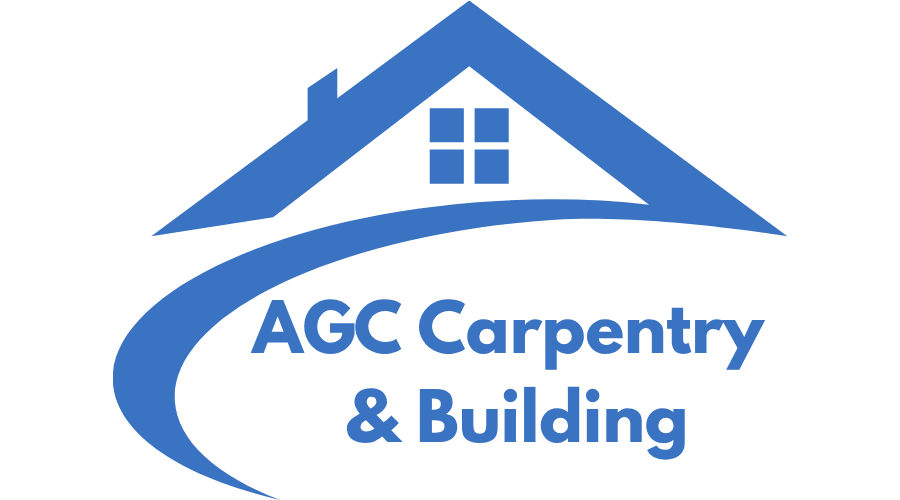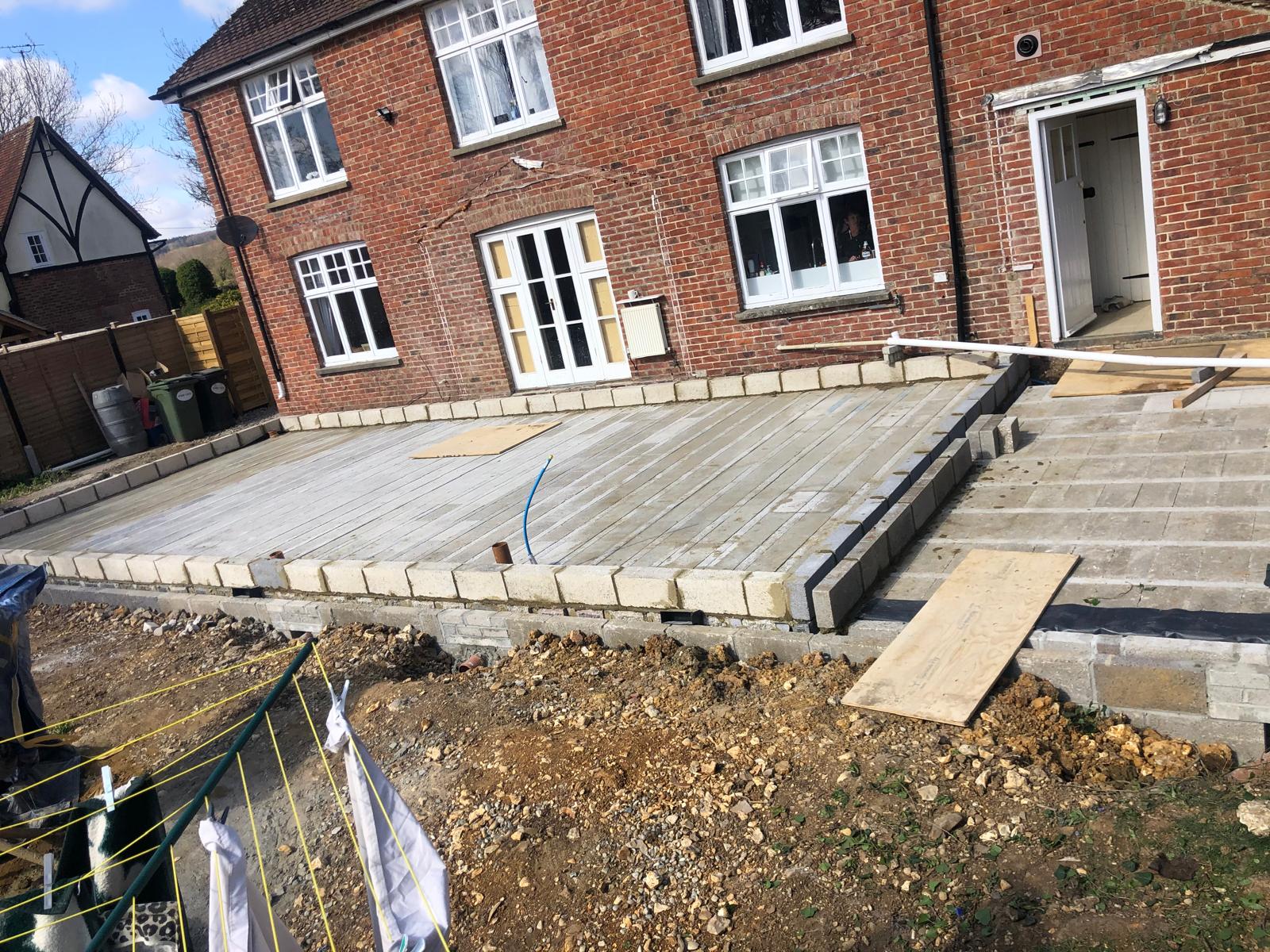So, Do Builders Need Public Liability Insurance?
When planning a building or renovation project, one question often comes up: do builders need public liability insurance? It is a subject that many homeowners do not think about until something goes wrong, but understanding it can save a lot of stress and financial risk for everyone involved.
As builders and carpenters working across Kent, we have seen how important the right insurance cover can be. It protects clients, contractors, and anyone else affected by building work. In this guide, we will explain what public liability insurance is, why builders need it, and how it fits into a well-managed construction project.
What Is Public Liability Insurance?
Public liability insurance is designed to protect both tradespeople and members of the public if something goes wrong during a job. It covers the cost of compensation if property is damaged or someone is injured as a result of the work being carried out.
For example, if a builder accidentally damages a client’s driveway, or if a passer-by is injured by falling materials, public liability insurance ensures that the resulting costs are covered. Without it, the builder would be personally responsible for those expenses, which could be substantial.
This type of insurance does not just protect builders; it also gives clients reassurance that they are working with a responsible and professional company.
Why Builders Need Public Liability Insurance
Building work often involves tools, machinery, and heavy materials, all of which carry some risk. Even with the most experienced tradespeople, accidents can still happen. Having public liability insurance is therefore essential to protect both sides if an unexpected incident occurs.
There are several key reasons why the answer to “do builders need public liability insurance?” is always yes:
- It protects clients and the public: If anyone is injured or property is damaged, compensation is handled quickly without legal disputes.
- It protects the builder: Legal claims and repair costs can be expensive. Insurance ensures the builder’s business is not financially harmed.
- It demonstrates professionalism: Clients are far more likely to hire insured contractors because it shows responsibility and care.
- It is often required: Many local authorities, landlords, and developers will not allow work to begin without proof of valid cover.
In short, it provides peace of mind for everyone involved in the project.
What Does Public Liability Insurance Cover?
Policies can vary, but most public liability insurance covers:
- Injury to clients, subcontractors, or members of the public caused by the builder’s work.
- Accidental damage to property, such as broken windows, damaged walls, or garden structures.
- Legal fees associated with claims made against the builder.
It does not usually cover damage to the builder’s own equipment or injuries to employees, as those are typically handled by separate policies like employer’s liability insurance.
Is It a Legal Requirement?
In the UK, public liability insurance is not a legal requirement for builders. However, it is considered essential by most professionals in the trade.
While you can technically operate without it, very few clients would be comfortable hiring a builder who is uninsured. It can also cause problems when applying for certain jobs, contracts, or certifications. For example, builders working on larger or commercial sites are usually asked to show proof of cover before work begins.
It is always better to be prepared rather than face potential legal or financial consequences later.
How Much Cover Is Recommended?
The amount of cover a builder needs depends on the type and size of projects they undertake. Most small to medium-sized builders opt for policies that cover between £1 million and £5 million.
For larger construction projects, cover may need to be higher to meet client or site requirements. The cost of insurance depends on the builder’s trade, the level of risk involved, and their claims history.
It is always worth checking the specific requirements of local authorities, insurers, or contract agreements before starting work.
Why Homeowners Should Care About It
Many homeowners do not realise how much they rely on their builder’s insurance until something goes wrong. If a contractor is not insured and an accident occurs, the homeowner could end up dealing with legal costs or delays while responsibility is determined.
When hiring a builder, always ask for confirmation that they have valid public liability insurance. A professional company will have no issue providing proof of cover. It is a small but important step that protects both parties throughout the project.
We always encourage clients to discuss this openly at the start of a job. It builds trust and ensures everyone is clear about what is covered before work begins.
Insurance and Professional Standards
Public liability insurance is often one of several indicators of a professional and responsible tradesperson. It shows that the builder takes safety, accountability, and legal compliance seriously.
In addition to insurance, professional builders will also follow building regulations, maintain site safety, and use qualified trades for specialist work such as electrical or plumbing installations. Clients should always look for a team that combines skill, experience, and proper cover.
Our own team follows these same principles, ensuring every project is fully compliant and responsibly managed.
Building Work and Risk Management
Every building site carries a level of risk. That is why insurance forms part of a wider approach to risk management. Good preparation, correct equipment, and proper planning all reduce the likelihood of problems occurring.
For example, before starting a renovation project or extension, we carry out safety checks to identify potential hazards. This ensures both the client and our team remain safe throughout the work.
By taking these precautions and maintaining insurance, builders can deliver a safer, smoother experience for clients.
The Role of Public Liability Insurance for Small Businesses
Smaller building firms and self-employed carpenters often wonder if insurance is necessary for their scale of work. The answer is still yes. Even a small job carries risk. For example, fitting a new kitchen or repairing part of a roof can involve electrical, structural, or material hazards that could affect clients or nearby properties.
Public liability insurance ensures that even in these smaller, everyday jobs, both parties remain protected. It also helps small businesses appear more credible when competing for work or joining approved trade directories.
What Happens Without Insurance?
Working without public liability insurance can lead to serious financial and legal problems. If an accident or claim arises, the builder is personally responsible for covering the costs. Depending on the severity of the incident, this could amount to thousands of pounds.
Beyond the financial impact, operating without cover can damage a builder’s reputation. Many clients will simply not hire an uninsured contractor, especially for larger or structural work.
Practical Advice for Clients
If you are hiring a builder, always take a moment to confirm that they are insured. You can do this by asking for their insurance certificate or checking whether they are registered with a professional trade association.
You should also make sure your own home insurance covers any work being carried out, as some policies require you to notify the provider before major building projects begin.
Our Approach to Responsible Building
At AGC Carpentry & Building Services, we believe professionalism extends beyond good craftsmanship. It also means working responsibly and protecting clients at every stage. Public liability insurance forms part of that commitment, giving peace of mind that both the property and people are fully protected while work is underway.
We bring this same care and attention to every service we offer, from new builds to bespoke renovations and aftercare.
Conclusion
So, do builders need public liability insurance? Absolutely. While it may not be legally required, it is essential for any professional who wants to protect their clients, their business, and their reputation.
For homeowners, asking this question before hiring a contractor can prevent serious complications later. For builders, maintaining proper insurance is a clear sign of professionalism and reliability.
At AGC Carpentry & Building Services, we always ensure our projects are safe, compliant, and responsibly managed from start to finish. If you are planning building work and would like to discuss your project with an insured and experienced local team, you can contact us for advice or a free quotation.


